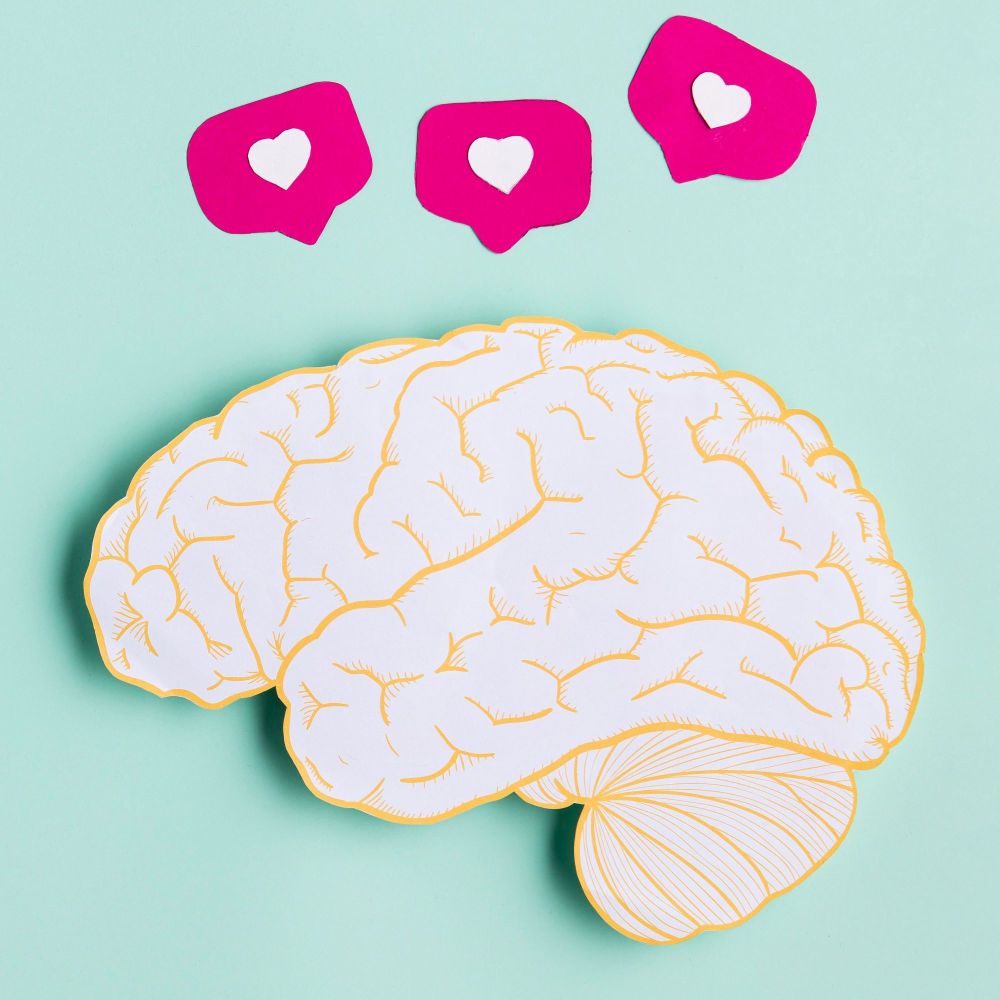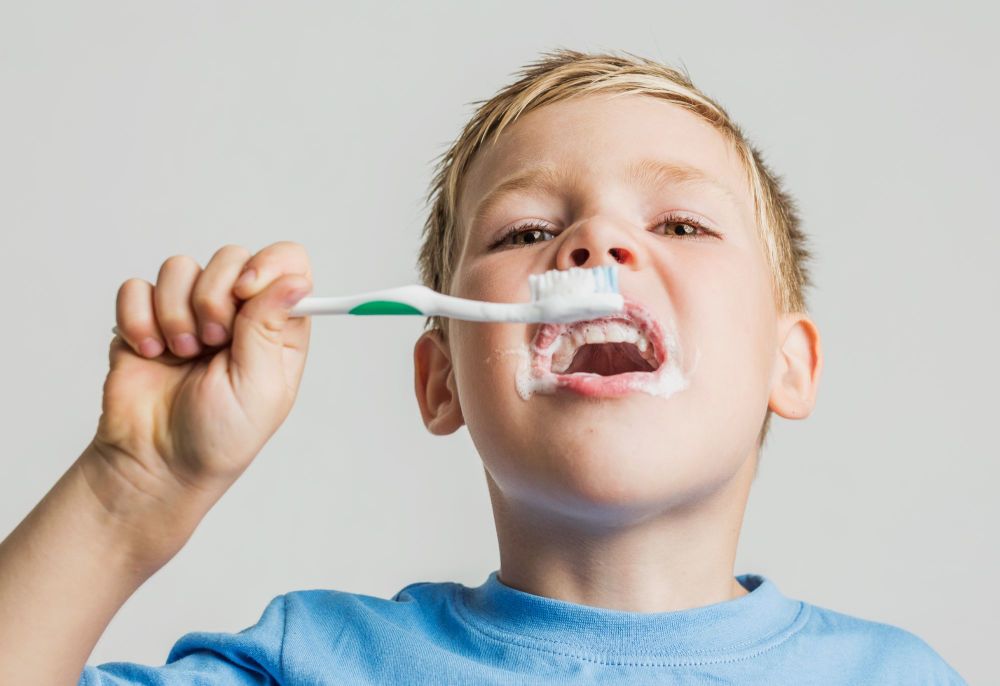4 Curiosities About Your Child's Brain
Posted on

Hey, let's chat about your kid's brain! Here are 4 fascinating things you should know that will make you appreciate the importance of a loving and respectful relationship between parents/caregivers and kids during those crucial early years
- The human brain experiences its most rapid growth during the first few years of life, but it is not fully formed until the mid-20s. The prefrontal cortex, responsible for reasoning, problesolving, and impulse control, is not fully developed until around age 25.
- The prefrontal cortex is also responsible for emotional regulation, and this part of the brain just starts to become mature from 3 to 4 years old. That means your child may not be able to calm down easily as you wish, and for this reason, parenting can be a challenging job during the early years. It requires patience and love
- Kids who receive more attention and affection can develop better neurons, making the myelin stronger. Positive experiences such as play, nurturing, and attention can help strengthen neural connections in the brain, leading to better emotional and cognitive development.
- Physical punishment can be very damaging to a kid's brain, affecting the memory and the capacity to learn. Adverse childhood experiences (ACEs), such as abuse, neglect, and household dysfunction, can have a profound impact on the brain's structure and function, leading to a higher risk of mental health issues, substance abuse, and chronic diseases in adulthood
Understanding the child's brain development is a complex and fascinating process. Positive experiences such as attachment, affection, and play can help strengthen neural connections, while adverse childhood experiences and physical punishment can have long-lasting negative effects on brain development. This information was gathered from various books, including "The Whole Brain Child," "Why Love Matters," and "The Adverse Childhood Experiences". I was inspired by the words of Brazilian author Maya Eigenmann, who wrote "A raiva não educa. A calma educa" or "Anger doesn't educate. Calmness does" (free translation).
